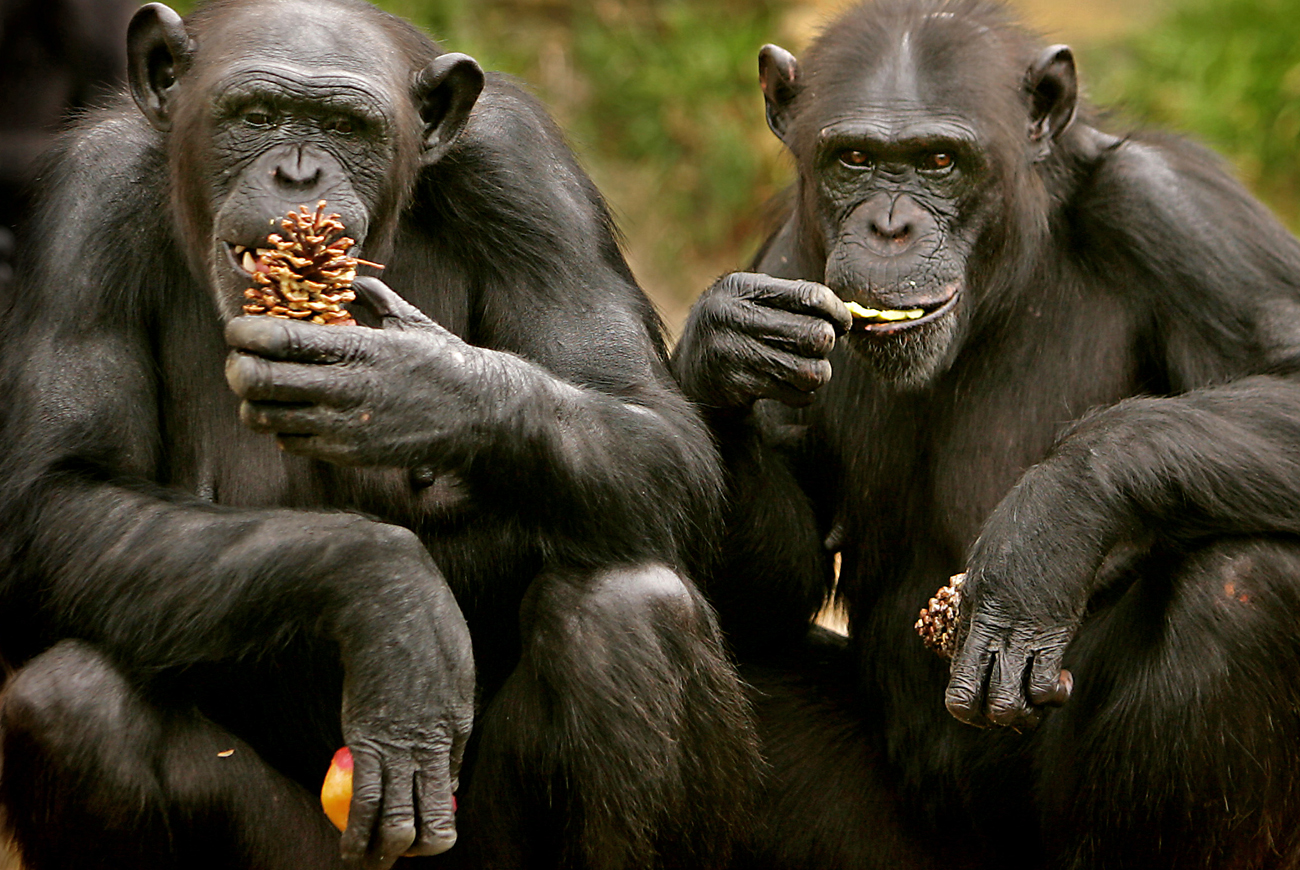In the central courtyard of the Institute of Experimental Pathology and Therapy in Abkhazia, a breakaway state of the ex-Soviet republic of Georgia, stands a statue of a baboon. Today the figurine is surrounded by weeds and dry fountains, but it once represented the pride of Soviet science. In 1987, just as the Cold War had started to thaw out, the institute sent two rhesus monkeys, Yerosha and Dryoma, into space. The monkeys spent two weeks in orbit, more space-hours than any animal before them, and when they returned Dryoma, whose name meant “shaggy,” was given to Fidel Castro as a gift.
Now, after two decades of stagnation, the institute wants to send a monkey to Mars. According to Zurab Mikvabia, the institute’s director, preliminary discussions have been held with Russia’s Cosmonautics Academy about preparing monkeys for a simulated Mars mission – an initiative that will build on Mars-500, a joint Russian-European programme that recently saw six men spend 105 days in an isolation facility designed to replicate a Mars spaceflight (next year a more realistic 520-day project is scheduled).
“Earlier this programme was aimed at sending cosmonauts,” said Mikvabia. “But given the length of the flight to Mars, and given the cosmic rays for which we don't have adequate protection over such a long trip, discussions have focused recently on sending an ape instead of a person.”
If Mikvabia gets his way, and one of his monkeys is locked inside a simulated spaceflight “biosphere,” there will be positive spin-offs not just for his run-down institute but for the state of Abkhazia too. After the collapse of the Soviet Union, Abkhazia fought a bloody war to free itself of Georgian control. Dozens of the institute’s monkeys were shot during the fighting, and many more were freed from their cages to run wild through the Black Sea-coast town of Sukhumi. As of 2009 only Russia, Nicaragua, Venezuela and the Pacific island nation of Nauru recognise the independence of Abkhazia, but the fond hope of its citizens is that a contribution to the Mars-500 project will change all that.
By staff writer
Read more: Physorg.com, CNet




